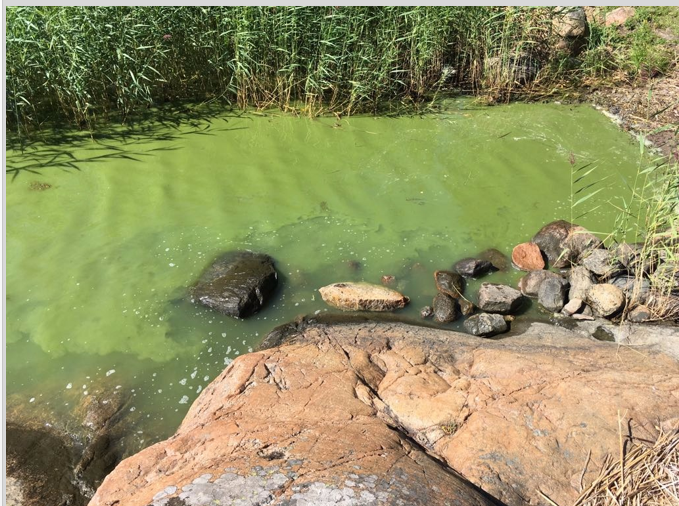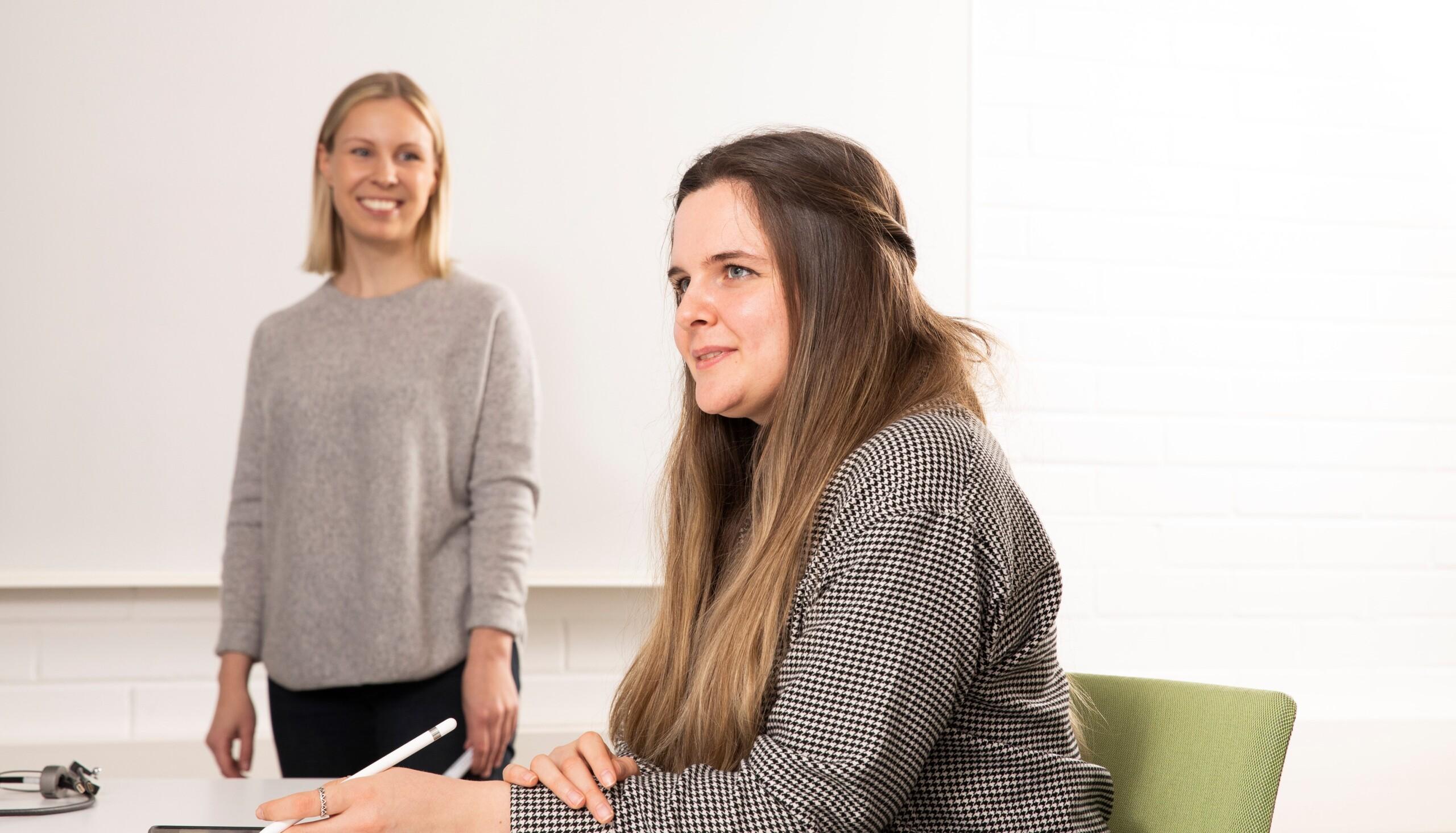An economic way of collecting blue-green algae and a Booking.com -service of waste treatment were two of the concepts presented at the ‘Shark tank’ of Logomo in Turku. The event was the end gala of the well-received Summer Boost summer school organised by the FITech network university. In the ‘Shark tank’, representatives of the maritime industry and experts from South-Western Finland put students and their unprecedented concepts to the test. The ambitious students presented their concepts to four ‘sharks’. Including some sessions in Turku, FITech Summer Boost was implemented flexibly during the summer. Close connections to companies played a key role both in the planning as well as the implementation.
In addition to serving as the end gala of Summer Boost, the ‘Shark tank’ became a new beginning for future success stories. The concepts presented by students related to sustainable development, welfare and safety in new and unforeseen ways. New ideas were presented to various business sectors for planning and technological development.
In the future, recycling services can be provided to order
One of the ideas presented “Recycling and waste treatment from land to sea” was a recycling and waste disposal concept transferred from land to sea. Resembling a Booking.com service for waste management, the concept offered the customer an easy option to dispose of waste. The presentation explained the automation system and how the recycling chain could be optimised and managed. The idea behind the concept was transporting landfills away from the land and the vicinity of residential areas to the sea. The waste would then be moved to barges, which would transport it to waste treatment plants for reuse. Timeliness and managing the process as a whole are an essential part of the concept. The student group estimated that approximately 500 000 tonnes of waste could be recycled daily, and some of it could be sold as raw material.
The water is too poisonous to swim in – solution: Algae collection by autonomous vessel
The students also introduced a new way to collect blue-green algae. A completely autonomous system would make it possible to collect blue-green algae 3 to 4 times cheaper. Initial plans for a plastics recovery unit for the vessel had also been made. The students had also discussed how to cover the costs. What if the cost of clean water would be included in the maintenance charges of residential accommodation situated by the water? A concrete concept development will continue in Design Factory*, where the ship could be built in 2020. Master of Science (Technology) student Joonas Korhonen from Aalto University praised Summer Boost as a great experience, and said that his group had been the best during his studies at the university. ‘There are not too many chances at university to work with people from different backgrounds,’ Joonas says and recommends Summer Boost for all bachelor-level students, too.
Buffet queues on ferries can soon be history
One of the interesting concepts presented was an interactive general arrangement to be constructed as part of a ship.
The “Intelligent general arrangement for improved passenger safety” provides timely guidance via the ferry passenger’s mobile phone in situations such as fire or evacuation. In addition, the arrangement can provide information on the events taking place on the ferry, such as timely updates on how long the queues are for each service.
At the end, a smart cabin functioning with sensors was presented, which can, for example, report the stress levels of the person sleeping inside. The smart cabin would also enable parents to leave their children sleeping in the cabin, as the smart bed would provide the parents with all information necessary from the cabin, including a real-time image of the children’s movements. A research project on the concept is currently being planned.
Aalto University Professor (Associate Professor) of Marine Technology Jani Romanoff, who was in charge of Summer Boost, indicates that some of the students can now continue where they left off. In Summer Boost, a method called Problem Based Learning was used, which always presents challenges for the teachers. The summery time frame did not make the situation any easier. The participants were a heterogenous group of FITech students with different study backgrounds from all Finnish universities of technology. The students were able to apply their knowledge in new areas of technology, and they had an opportunity to create unique concepts and present them to representatives of different businesses.
*Design Factory (DF) is one of the three factories of Aalto University. The stated purpose of the Design Factory is to be a constantly developing environment for learning, teaching, research and industry co-operation related to product development and design.
More information about concepts:


